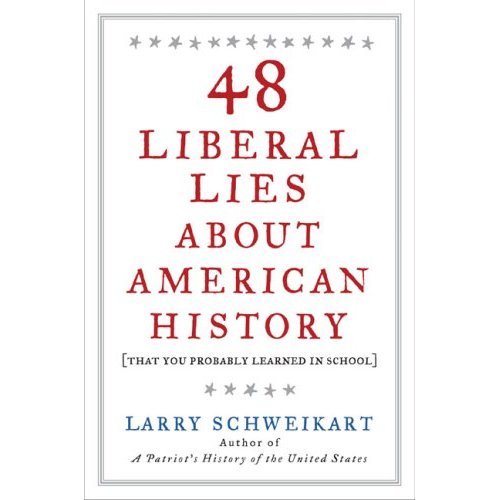Victor Davis Hanson is in fine fettle indeed, in Ten Random, Politically Incorrect Thoughts. Herewith, two of them, but all are worth the reading.
5. California is now a valuable touchstone to the country, a warning of what not to do. Rarely has a single generation inherited so much natural wealth and bounty from the investment and hard work of those more noble now resting in our cemeteries—and squandered that gift within a generation. Compare the vast gulf from old Governor Pat Brown to Gray Davis or Arnold Schwarzenegger. We did not invest in many dams, canals, rails, and airports (though we use them all to excess); we sued each other rather than planned; wrote impact statements rather than left behind infrastructure; we redistributed, indulged, blamed, and so managed all at once to create a state with about the highest income and sales taxes and the worst schools, roads, hospitals, and airports. A walk through downtown San Francisco, a stroll up the Fresno downtown mall, a drive along highway 101 (yes, in many places it is still a four-lane, pot-holed highway), an afternoon at LAX, a glance at the catalogue of Cal State Monterey, a visit to the park in Parlier—all that would make our forefathers weep. We can’t build a new nuclear plant; can’t drill a new offshore oil well; can’t build an all-weather road across the Sierra; can’t build a few tracts of new affordable houses in the Bay Area; can’t build a dam for a water-short state; and can’t create even a mediocre passenger rail system. Everything else—well, we do that well.
…
10. The K-12 public education system is essentially wrecked. No longer can any professor expect an incoming college freshman to know what Okinawa, John Quincy Adams, Shiloh, the Parthenon, the Reformation, John Locke, the Second Amendment, or the Pythagorean Theorem is. An entire American culture, the West itself, its ideas and experiences, have simply vanished on the altar of therapy. This upcoming generation knows instead not to judge anyone by absolute standards (but not why so); to remember to say that its own Western culture is no different from, or indeed far worse than, the alternatives; that race, class, and gender are, well, important in some vague sense; that global warming is manmade and very soon will kill us all; that we must have hope and change of some undefined sort; that AIDs is no more a homosexual- than a heterosexual-prone disease; and that the following things and people for some reason must be bad, or at least must in public company be said to be bad (in no particular order): Wal-Mart, cowboys, the Vietnam War, oil companies, coal plants, nuclear power, George Bush, chemicals, leather, guns, states like Utah and Kansas, Sarah Palin, vans and SUVs.


